Description
Poetry. Translation. Asian Studies. This unique book include poetry and prose by Mike O’Connor concerning the Civil War, as well as his translations of poetry by Chia Tao, Chang Chi, Ch’iu Wei and others. “Like Hart Crane’s The Bridge, this book follows the poet’s dreams across a landscape of lives lived and forgotten and pieced together again, like so many shards of a Grecian urn. Or it is Anasazi? T’ang? No matter. Here restored, it now hold tea” -Bill Porter, aka Red Pine.
Mike O’Connor, born in Aberdeen, Washington, is a poet, writer, and translator of Chinese literature. For 12 years, he farmed and worked in the woods before pursuing Chinese studies and a journalism career in Asia for fifteen years. He is the author of nine books of poetry, translation, and memoir. His most recent publications include IMMORTALITY (2010) and UNNECESSARY TALKING: THE MONTESANO STORIES (2009), both from Pleasure Boat Studio. O’Connor is a recipient of a National Endowment for the Arts Fellowship (2003-4); an International Writers’ Workshop Fellowship, Hong Kong, (2006); and a Washington State Artist Trust Fellowship (2009). He served as publisher of Empty Bowl Press in Port Townsend, a writers’ co-operative, and care takes forest land on the Big Quilcene River.
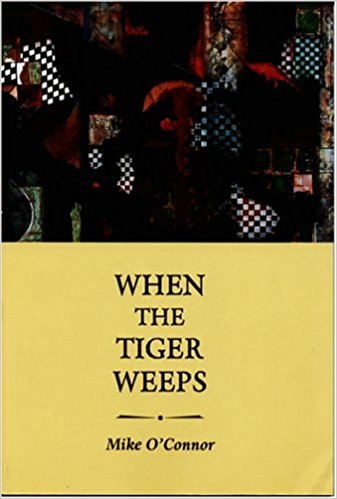
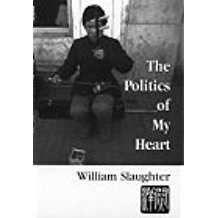
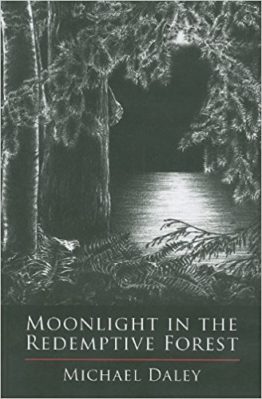

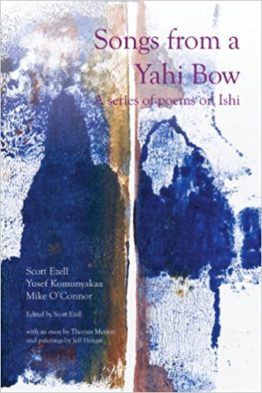
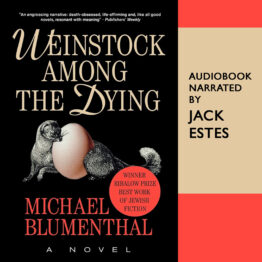
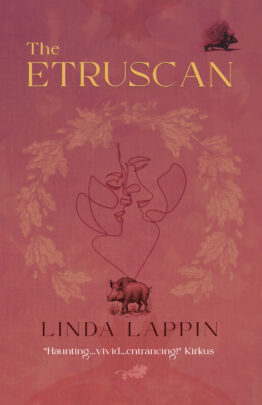

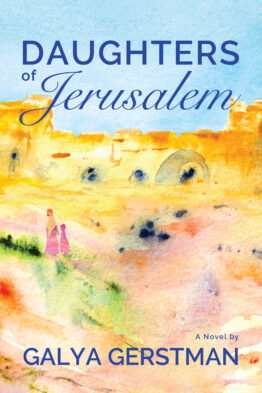
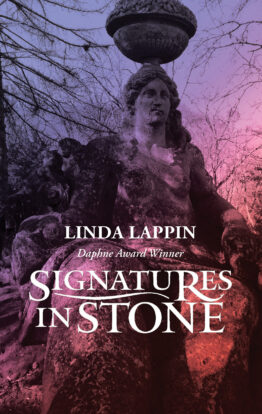
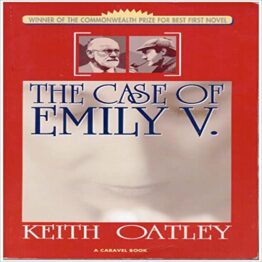
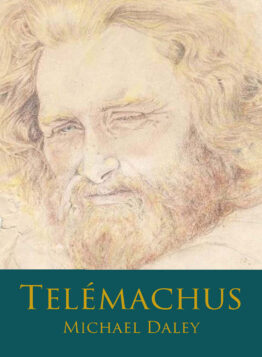
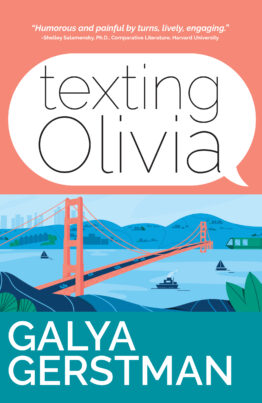


Irving Warner –
A poetic sweep through history. Works are so numerous in this excellent volume that it is almost too imposing to write something specific enough to be helpful in a brief review. There are long poems, very short poems–translations and original work, and then prose pieces too. The artistry is of the highest order. Very helpful, is that if all these works were not organized well, “When the Tiger Weeps” would have a problem, but the book is not only of high quality, production wise, but organized in such a way that it “works” fine. It is organized in Books One and Two, the former hallmarked by “Orion’s Sword”, a long poem of the American Civil war. Long poems are the most difficult and challenging for a poet to manage, and O’Conner establishes himself as a literary artist in his highest, most mature form. “Orion’s Sword” captures the cadence of military tragedy like few others I’ve read. Yet there are numerous shorter poems in both parts, and a list of standouts would be long. My favorite short poem in part one is “When the Blue Jay Goes to Bed”, from the section on Ishi, the tragic native American, “the last of his kind”. In part two it is “Words for XN”. This poem is included in Mr. O’Connor’s translations of diverse street poetry written anonymously during the Tienanmen Square protests. The epigram which opens this book–a quote from Bullfinch’s Mythology– seizes perfectly my feelings for this book and its poet: “Orpheus sang his complaints/to the rocks and the mountains/melting the hearts of tigers and/moving the oaks from their station.”
Wesley Cecil –
life enriching work of stunning beauty.
This was the first time I have ever read a book of poetry cover to cover in one sitting. The books gripping opening poem on the Civil War caught hold of me and I could not stop reading until I had traveled in the book several thousand miles and a few centuries later to Kyoto where a small gesture from a stranger brings this magical work to a stunning close. Relax, make yourself a cup of tea or coffee, and read this book. In a short while you will feel wonderfully enriched by the great spirits who inhabit these poems, the historical events that swirl through the pages, and the deep and elusive insights that suddenly snap into focus in odd places. Its one of those books that makes you want to buy all the other books an author has written. If his other works are half as good as this one I’ll happily read them all.